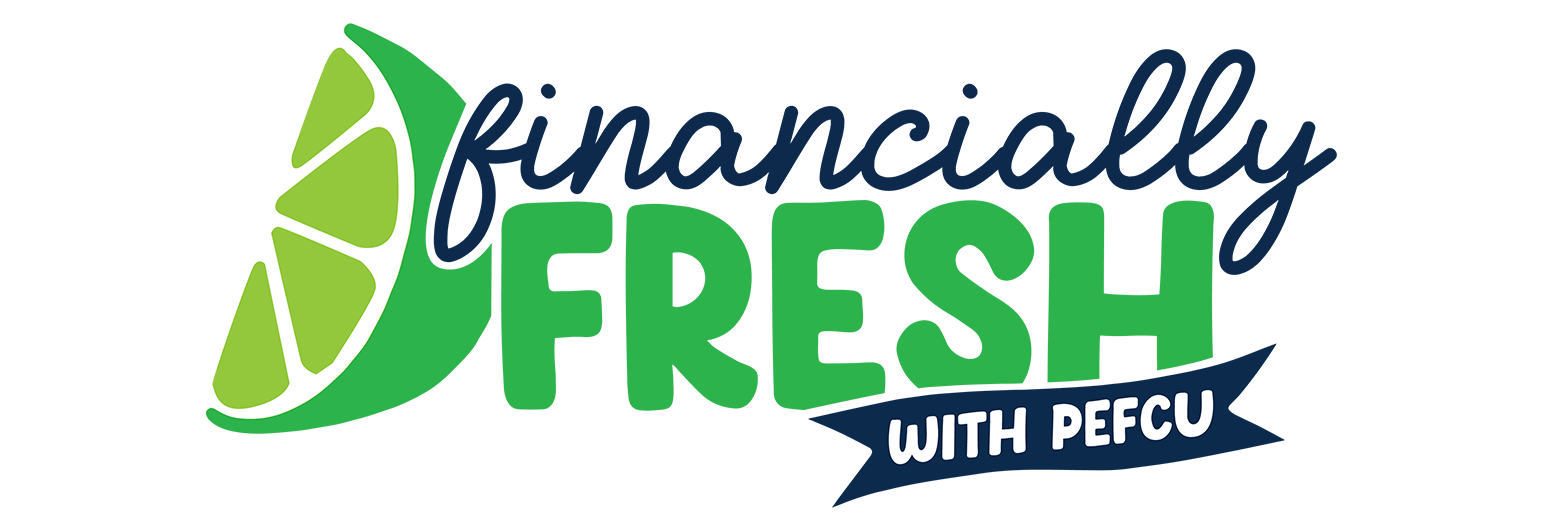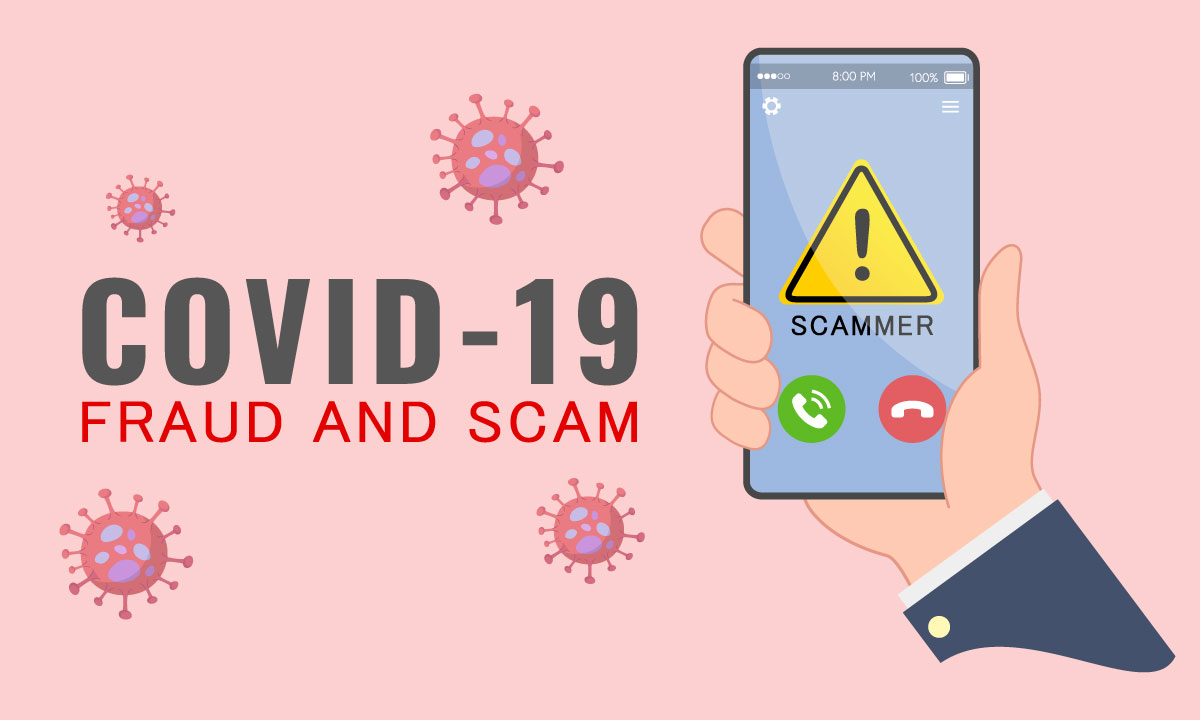June 29, 2021Make Sure You’re Immune to These COVID-19 Vaccine “Survey” Scams
Make Sure You’re Immune to These COVID-19 Vaccine “Survey” Scams Scammers take a stab at preying on the public health fears with COVID-19 schemes If you’re fully vaccinated against COVID-19 or will be vaccinated soon, you’re probably already feeling safer. However, once you receive both doses of the Pfizer or Moderna vaccine or the one-dose Johnson & Johnson, you may be at risk for a whole new threat: Scammers after your credit card number or other personally identifiable information (PII) for purposes of identity theft and fraudulent charges. That’s according to the U.S. Department of Justice (DOJ), which recently warned the public to be on the lookout for scammers promising a prize in return for answering questions about your vaccination experience on a bogus survey. “In reality, the surveys are used to steal money from consumers and unlawfully capture consumers’ personal information,” warns the DOJ. Survey scams can even look official, claiming to be from vaccine manufacturers Pfizer, Moderna, or Johnson & Johnson, according to the Better Business Bureau (BBB). Don’t be too quick to roll up your sleeves to complete a post-vaccine survey, though.
1. Pharmaceutical Company “Surveys”
One vaccine survey scam shows up in your email or as a text message, purporting to be from Pfizer, one of the pharmaceutical companies producing an approved COVID-19 vaccine. “In some versions, the message claims that you will receive money for completing a quick survey. Other versions offer a “free” product,” says the BBB. Don’t click on that link, warns the BBB. The link could take you to a survey, followed by a prompt to sign up for a bogus “free trial offer” with your credit card information. Then the scammer makes fraudulent charges on the card. “Just because scammers are currently impersonating Pfizer, doesn’t mean the other COVID-19 vaccine producers are off the hook,” warns the BBB. There may also be survey scam variations claiming to be from Johnson & Johnson or Moderna, too.
2. “Free” Prizes
Another vaccine survey scam offers a “free prize” for completing a quick survey on your COVID-19 vaccination experience. All you have to do is fill out the survey and then choose from various prizes such as an Apple iPad Pro or another expensive product. The thing is, you must first pay “shipping charges” with a credit card to receive the prize. “Victims provide their credit card information and are charged for shipping and handling fees, but never receive the promised prize,” says the DOJ. “Victims also are exposing their personally identifiable information (PII) to scammers, thereby increasing the probability of identity theft.”
3. Phishing Schemes
Unsolicited emails and text messages from an unfamiliar source with an attached survey or a link to a vaccine survey could likely be “phishing” for your personally identifiable information for purposes of identity theft, according to the DOJ. The messages might even look like they are from official or government sources, financial institutions, pharmaceutical companies, social media or shipping companies. Never click on a link or open an attachment in an unsolicited email or text message. And remember, companies generally won’t contact you to ask for your username or password on an account. “When in doubt, contact the entity purportedly sending you the message, but do not rely on any contact information in the potentially fraudulent message,” says the DOJ.
4. Blast Emails
If you receive a survey email from a sender you never signed up with, pretending to be personalized with information about you, “don’t fall for it,” warns the BBB. More likely, the message is a “blast email” sent to hundreds or thousands of email addresses in hopes of luring in unsuspecting people to take a scam vaccine survey and provide information that can be used for identity theft or credit card fraud. 5. Pushy survey takers If someone contacts you with a survey about your COVID-19 vaccine and insists you must answer the questions now or face negative consequences, end the call or trash the message. Then delete and block the sender from your phone or email. “Scammers typically try to push you into action before you have had time to think,” says the BBB. “Always be wary of emails urging you to act immediately or face a consequence.”
Brought to you by Knowledge of Financial Education a product of Consolidated Debt


